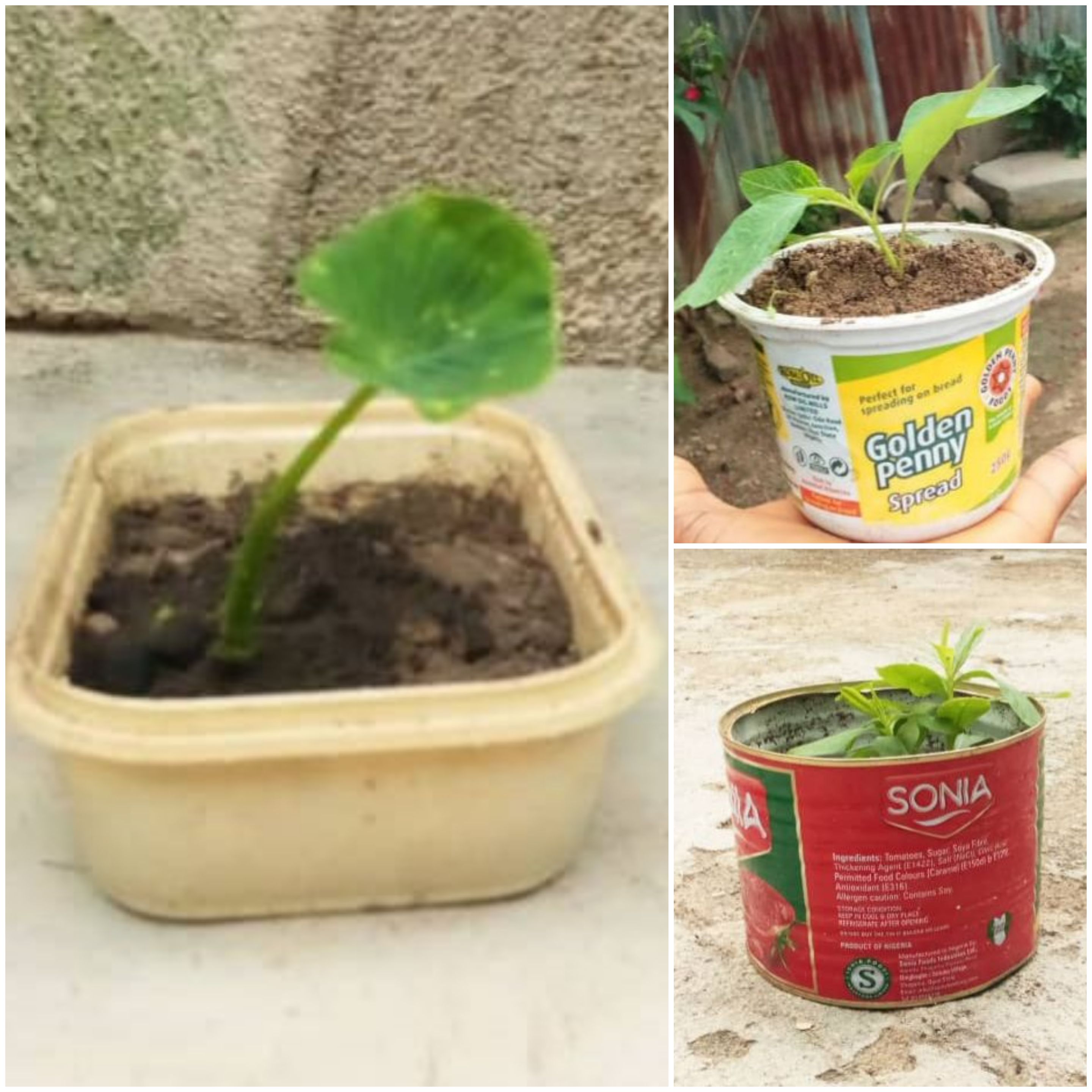Sustainable Living
Simple ways you can help with the sustainability of the earth
By Sister Gloria Adoga
Our "shalom" way of life is an aspect that we carry with us wherever we go. As a result, we were able to brace ourselves for the Pope's call in Laudato Si'. This prompted my school research on "The Effects of Green Management Practices on Organizational Efficiency."
We are well adapted to the climate change topic and continue to grow in our awareness and appreciation of our common home, "the Earth." As we do so, it is important to remember and consider other things that can help us witness to our Shalom and Laudato Si' goals. My project, "green management," is based on the expectation that everyone will use resources wisely and be responsible for environmental protection now and into the future. As we go deeper into responding to Laudato Si', we are reminded to bring back into focus the small things that can help with the sustainability of the earth.
Looking around, I see a number of things that have made their way into our homes. I see a lot of single use printed papers and non-biodegradable materials such as plastics, polythene, metals, batteries, and air conditioners; I see the technological devices, and the vehicles we drive. I also see the new variation of waste, comprehensively called e-waste, which includes mobile phones, computers, printers, and other electronic gadgets. In these, I encourage us to return to the "R's" of waste management. The R’s (Rethink, Refuse, Reduce, Rot, Reuse, Repurpose, and Recycle) are focused on minimizing waste so that we can leave something for the generation after us. In his encyclical, Pope Francis warns, "the earth, our home, is beginning to look more and more like an immense pile of filth. In many parts of the planet, the elderly lament that once beautiful landscapes are now covered with rubbish."
Shalom, Laudato Si' and the SDG call us in many ways to live these 7R’s by:
- Rethink: Every time you go shopping, both for yourself and for others, you should rethink. Do we really need that gadget or item? This way, we will save resources and things from the trash pile.
- Refuse: Refusing helps to minimize waste. Keep refusing to buy wasteful and non-recyclable products thus making smarter purchasing decision.
- Reduce: Minimize the use of harmful, wasteful, and non-recyclable products. When you reduce your dependency on these kinds of products, it leads to fewer waste materials ending up in landfills.
- Rot: Organic resources, such as food and scraps, should be composted. When such materials decompose in a controlled environment, they are converted into compost, a quality soil amendment that can improve gardens and the quality of the soil.
- Reuse: Using things that you already have instead of buying new ones. You can start by replacing all of the single-use eating utensils, water bottles, and paper plates with compostable or reusable alternatives.
 Repurpose: Finding a way to repurpose items is one way of not needing to dispose of an item. Some products cannot be refused, reduced, or reused. You can try repurposing them. You can use old newspapers for arts and crafts, glass jars for holding food or planting new seeds, and coffee mugs for holding pens.
Repurpose: Finding a way to repurpose items is one way of not needing to dispose of an item. Some products cannot be refused, reduced, or reused. You can try repurposing them. You can use old newspapers for arts and crafts, glass jars for holding food or planting new seeds, and coffee mugs for holding pens.- Recycle Right: Even if you dispose of your waste correctly, you never know where it will end up, so recycle where you can, even before generating the waste. Keep in mind that plastic can only be down-cycled.
In the words of the UN secretary general, we must never give up, nor retreat. We will keep pushing the care of the earth forward with the many others who, in their little ways, are contributing their lot to see and live in a better world.